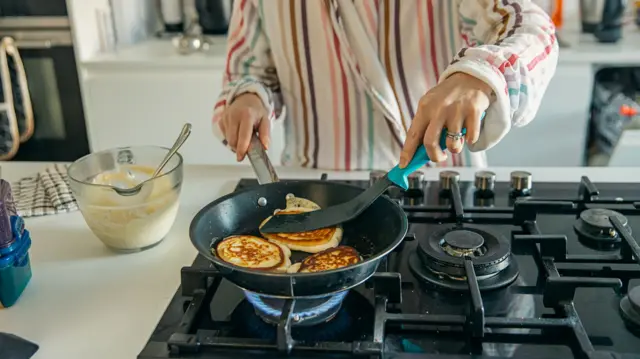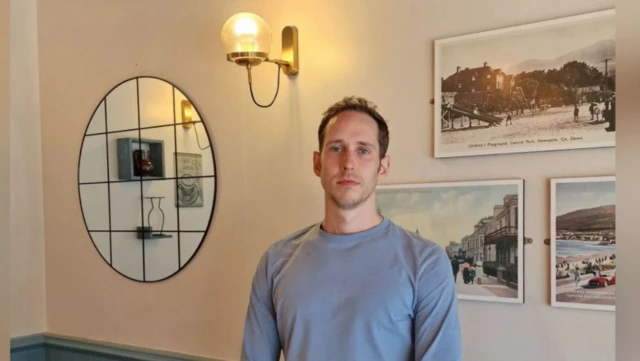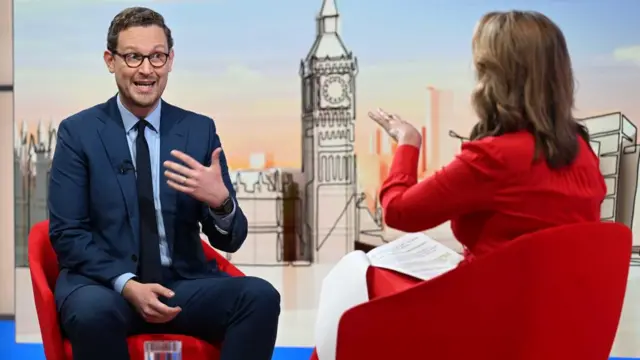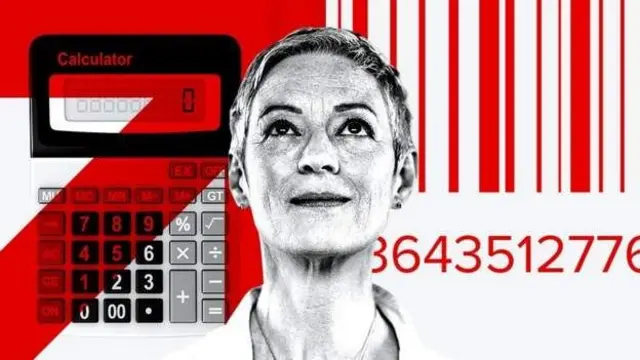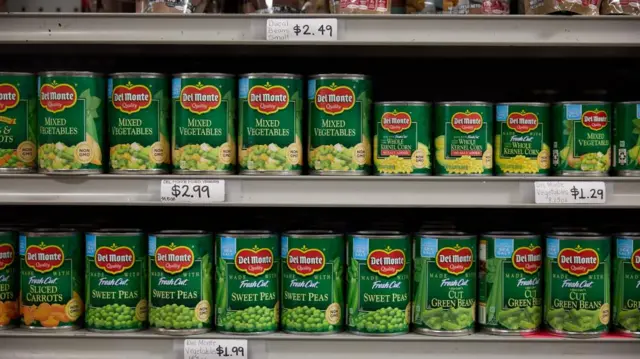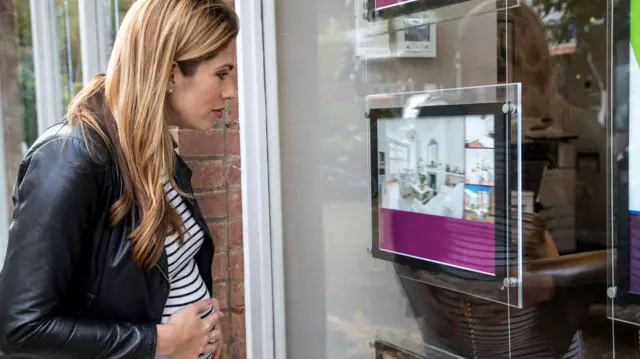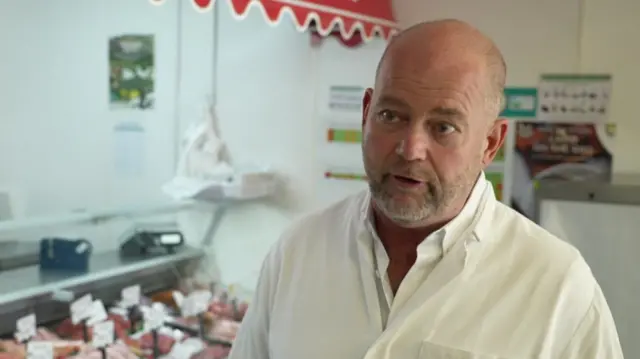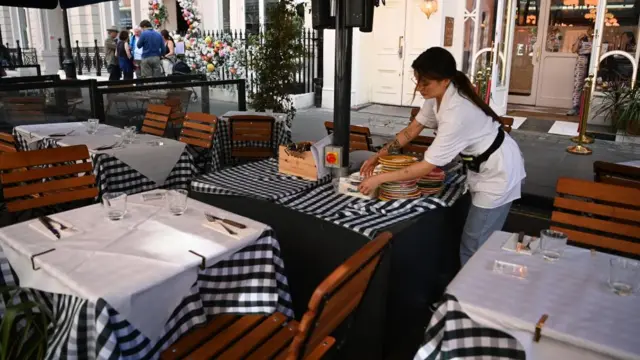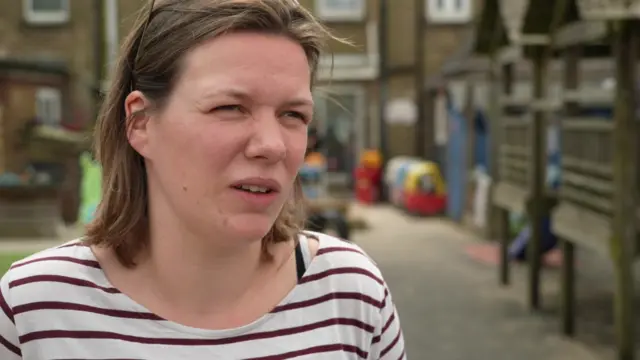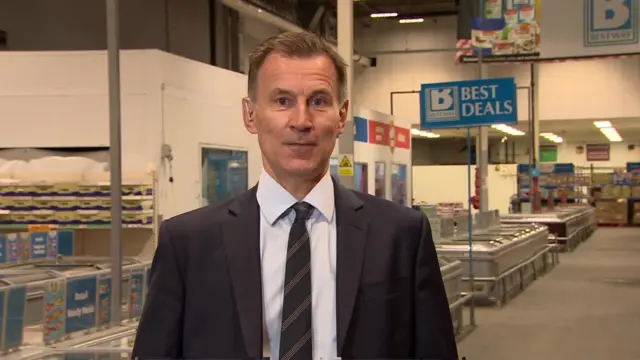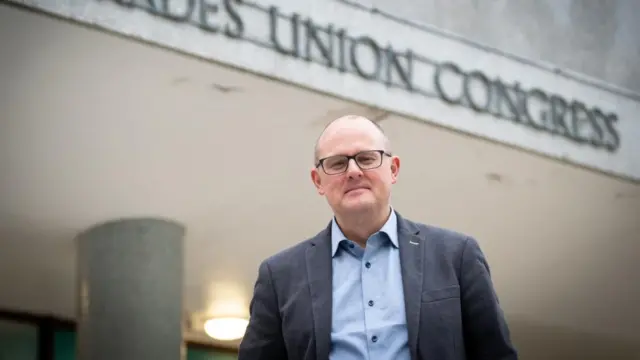That's all for todaypublished at 10:50 BST 22 May 2024
Johanna Chisholm
Live reporter
UK inflation has fallen to 2.3%, which is just shy of the Bank of England's target of 2%. This marks its lowest level in almost three years.
But the figure for the year to April came in higher than expected, which some economists are saying reduces the chances of interest rates being cut when the Bank's policymakers next meet in June.
And of course, it's worth remembering that while inflation has eased - it does not mean that the prices of goods and services overall are coming down, just that they are rising less quickly.
We'll have to wait and see what happens between now and June, but to get caught up with all the latest lines from this morning, you can read more here.
This page was written by Lora Jones, Joe McFadden and edited by myself. Thank you for joining us.


